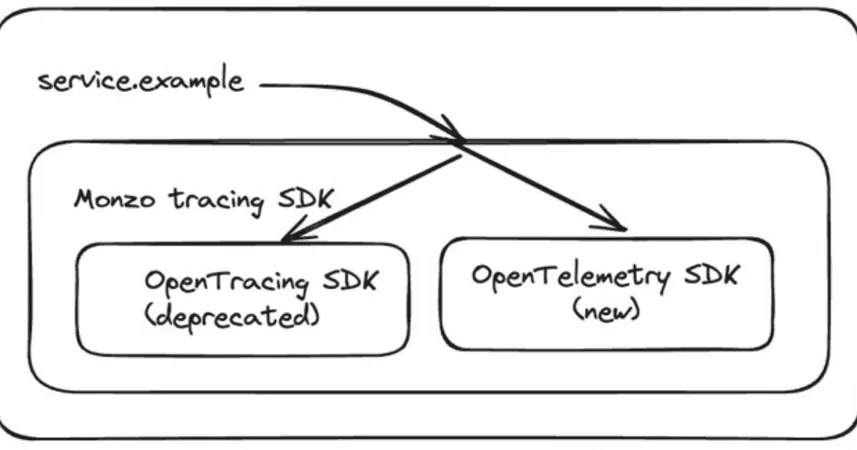
China-Backed Hackers Exploit 9,200 Canadian Devices in Global Cyber Network: FBI and CSIS Reveal Alarming Details
2024-09-27
Introduction
In a shocking revelation, officials from the FBI and Canadian Security Intelligence Service (CSIS) disclosed that a notorious hacker group operating under the directive of the Chinese government hijacked nearly 10,000 devices across Canada. This vast network was used to infiltrate government systems, universities, and critical infrastructure, leading to the theft of sensitive information.
The Dismantling of Flax Typhoon
The FBI announced last week that it had dismantled a massive botnet named Flax Typhoon, which reportedly infected over 260,000 devices in approximately 20 countries. These compromised devices were employed by hackers to conduct attacks while disguising themselves as regular internet traffic, evading detection from security systems.
Operation Details
On September 18, the FBI executed a court-approved operation to regain control and disable the malware that powered Flax Typhoon’s botnet. CSIS confirmed that around 9,200 of the hacked devices were located in Canada, including various internet-connected equipment such as routers, cameras, and storage devices.
Official Statements
CSIS spokesperson John Townsend noted that all infected devices, including those in Canada, were considered victims in this cybercrime saga. "In cooperation with foreign and domestic partners, CSIS worked to mitigate the threat posed by the botnet, which we assess remains disrupted," Townsend said.
Connection to Chinese Government
FBI Director Christopher Wray revealed during a recent speech that Flax Typhoon presented itself as an information security company known as Integrity Technology Group. Alarmingly, its chairman has openly acknowledged that the firm has, for years, provided intelligence-gathering services for Chinese government agencies.
Sector Targeting
This cybercriminal organization targeted various vital sectors, including media, corporate entities, universities, and government institutions. Despite the successful takedown of the botnet, Wray warned that the group inflicted "real harm" during its operation, which began in 2021. He mentioned an incident in California where an organization experienced significant cybersecurity issues, leading to extensive downtime and financial losses.
Ongoing Threats
Officials from CSIS and the Communications Security Establishment (CSE), Canada’s cyber-defense agency, have not confirmed whether Canadian companies or data have been compromised by Flax Typhoon. Nonetheless, the urgency of this situation has prompted heightened awareness among Canadian intelligence agencies regarding the persistent threat posed by China.
Future Concerns
During his address, Wray cautioned that this was merely the beginning of a long battle, highlighting the Chinese government's ongoing efforts to target both the U.S. and Canadian infrastructures. "The Chinese government will continue to pursue your organizations and our critical infrastructure—either directly or through proxy actors," he stated.
Expert Opinions
Caroline Xavier, head of CSE, reiterated these concerns in a recent testimony, describing Beijing as not just a sophisticated threat but a relentless and assertive adversary. Furthermore, intelligence officials point to a shift towards a strategy of "hack and leak," alongside an uptick in social media campaigns and data collection efforts, particularly through platforms like TikTok, which is suspected of providing the Chinese government with access to vast amounts of user data.
Conclusion
This incident serves as a stark reminder of the escalating cyber threats facing not only Canada and the U.S. but also nations worldwide. As countries grapple with these sophisticated cyberattacks, the demand for robust cyber defenses has never been more critical.









 Brasil (PT)
Brasil (PT)
 Canada (EN)
Canada (EN)
 Chile (ES)
Chile (ES)
 España (ES)
España (ES)
 France (FR)
France (FR)
 Hong Kong (EN)
Hong Kong (EN)
 Italia (IT)
Italia (IT)
 日本 (JA)
日本 (JA)
 Magyarország (HU)
Magyarország (HU)
 Norge (NO)
Norge (NO)
 Polska (PL)
Polska (PL)
 Schweiz (DE)
Schweiz (DE)
 Singapore (EN)
Singapore (EN)
 Sverige (SV)
Sverige (SV)
 Suomi (FI)
Suomi (FI)
 Türkiye (TR)
Türkiye (TR)